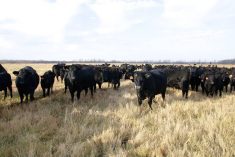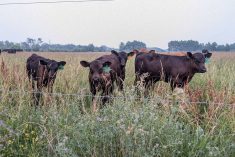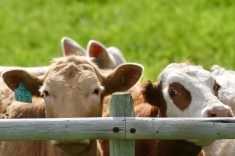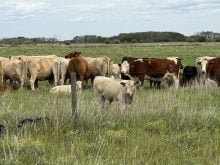A Canadian vaccine designed to prevent cattle from shedding a potentially fatal E. coli strain has been denied approval by the U.S. Department of Agriculture.
The vaccine manufacturer Bioniche Life Sciences plans to meet with American officials during the next few weeks to provide additional information on the efficacy of the product so it can be sold in the United States, said company officials.
The injectable vaccine prevents the harmful bacteria from attaching to intestines of cattle. If it cannot reproduce, it will not appear in animal waste and subsequently infect people who might come into contact with meat where feces appeared on the carcass or on vegetables that have been sprayed with contaminated water.
Read Also
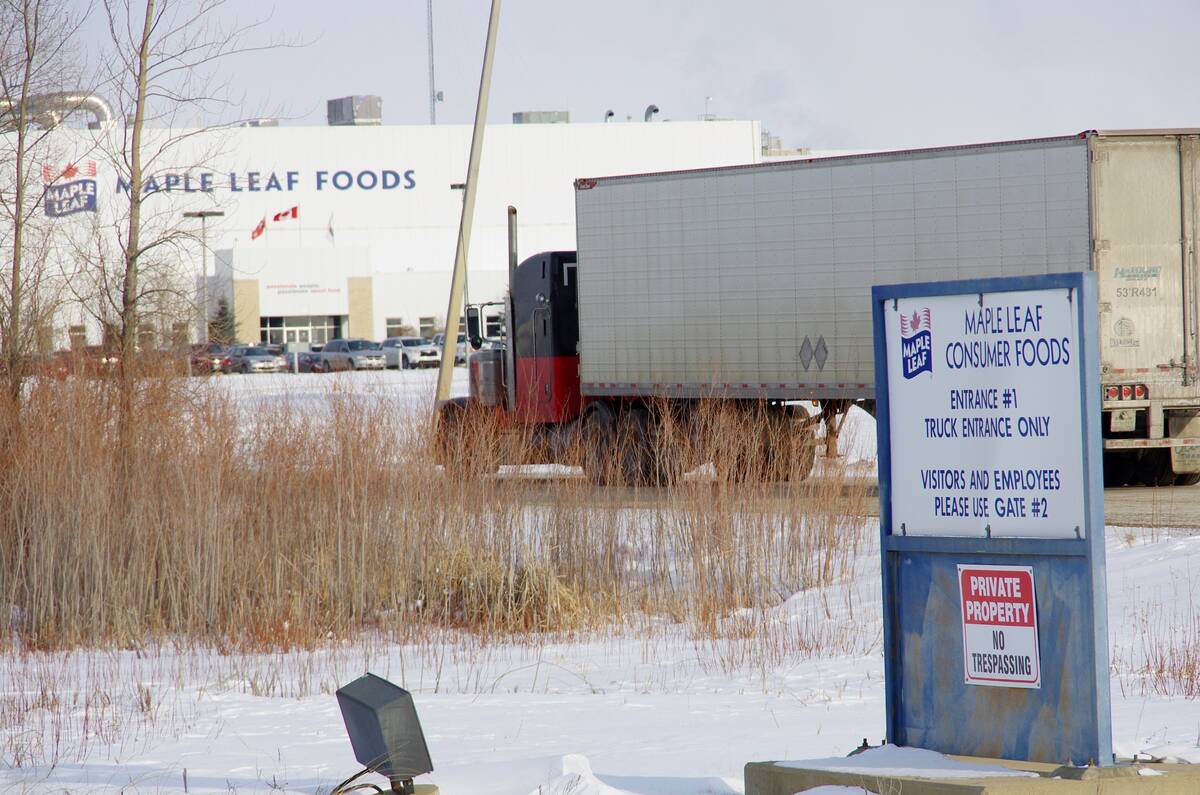
Manitoba pork exports gain new market ground
Manitoba’s pork trade pivoted from China over the last five years, while Japan is remains the largest customer and South Korea and Mexico market footholds have grown
“A lot of time the beef gets blamed but it is not so much a meat problem as it is a public health and environmental problem,” said Cameron Groome, vice-president of corporate and strategic affairs at Bioniche based in Ontario.
E. coli 0157:H7 can cause diarrhea, kidney failure or even death in people.
“It is a tricky kind of organism in the way it moves through feedlot and cattle populations but it has also been tricky bacterium to work with in terms of developing a vaccine,” said Jennifer Shea of Bioniche.
Field tests have been conducted on 30,000 cattle.
The vaccine is delivered three times. The first is given to calves still on the farm, the second dose is injected when cattle arrive at feedlots and the final injection is provided 60 days before slaughter, said Shea.
The Canadian Food Inspection Agency granted the company a conditional licence to distribute the product in Canada through veterinarians. The permit does not allow the company to market it until all conditions are met and it receives full approval.
The vaccine was developed through a co-operative effort at the universities of British Columbia, Alberta and Saskatchewan, as well as the Alberta Research Council and Nebraska Lincoln University.
Bioniche acquired the worldwide rights in 2000 and has invested about $20 million to develop the product.
Earlier this month, the vaccine received international recognition by the Animal Pharm Industry Excellence Awards as the best new veterinary product for livestock.
E. coli contamination can have costly effects for the meat industry.
Topps Meat Co., the largest U.S. manufacturer of frozen burgers, recalled 21.7 million pounds of frozen ground beef in late September due to potential contamination with E. coli O157:H7. It was the fifth-largest recall ever and caused the company to close Oct. 5.
Also this month, Cargill recalled about
850,000 lb. of hamburger after four children in Minnesota were diagnosed with E. coli infections. All ate American Chef’s Selection Angus Beef Patties bought at Minnesota Sam’s Club stores.





